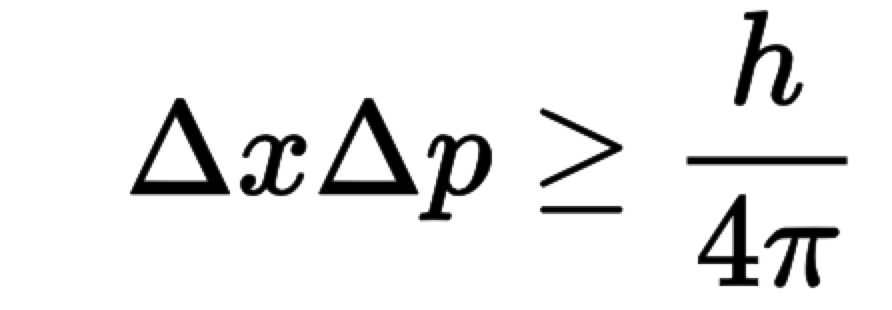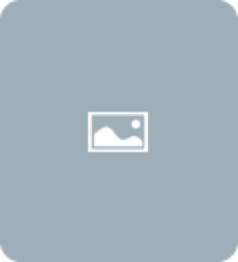According to Heisenberg’s uncertainty principle you can have your spinach and eat it too. Or not.
Suppose you wanted to make a soufflé but did not know for sure whether the spinach had already been harvested and refrigerated, or rather, you needed to go out to the garden and pick it yourself. There is a 50/50 probability the spinach is in the garden. And likewise a 50/50 chance the spinach is in the refrigerator. So you think, obviously it can’t be both places at once! Or can it?
The quantum scientists answer yes, and no. Until you open the refrigerator or look in the garden the spinach is in a state of superposition of actually being in both places, It’s only observation that will determine the spinach’s real location. If we find the spinach in the refrigerator all is well and good, and we know it is there and not in the garden. Let’s call this case A. Or if we find the spinach not in the refrigerator all is well and good for we know it must be in the garden. This is case B.
A and B were in superposition before observation. The quantumnists contend that it was observation that caused a split. So if A were true, B wasn’t actually false. While B was untrue in the world of A, it was true in the new split off world B. Likewise, if the spinach was found in the garden. This means there’s another world A that split off where the spinach is found in the refrigerator.
World A and B are both true but world A is unobservable to B, and world B is unobservable to A. Both existed in superposition before observation. Observation caused a split that didn’t make either A or B false, but rather allowed them to both be true in different worlds unobservable to each other.
Don’t worry. Just Smile, believe, and enjoy your soufflé - wherever you find your spinach.


